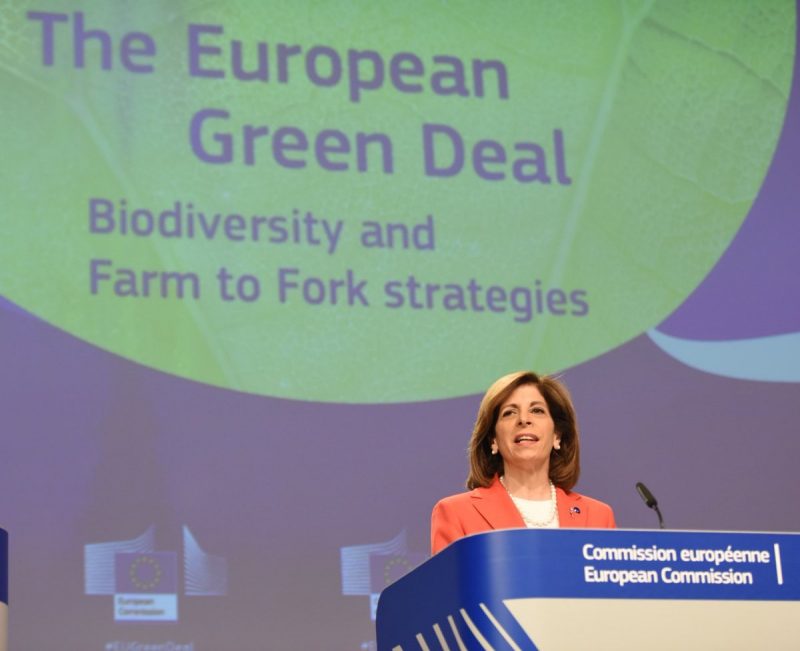New plans to boost fisheries and aquaculture in Europe
Farmers, fishers and aquaculture producers to play a key role in the transition to a more equitable and sustainable food system for Europe
By Fabian Dawson
SeaWestNews
The European Union (EU) has adopted a twin food strategy to help farmers, fishers, and aquaculture producers transition to a more equitable and sustainable food system.
The Farm to Fork and the Biodiversity strategies are part of the overarching European Green Deal which aims to reconcile the continent’s food system with the needs of the planet and to respond positively to Europeans’ aspirations for healthy, equitable and environmentally-friendly food.
“The coronavirus crisis has shown how vulnerable we all are, and how important it is to restore the balance between human activity and nature,” said Frans Timmermans, executive vice-president for the European Green Deal, in a press release.
“At the heart of the Green Deal, the Biodiversity and Farm to Fork strategies point to a new and better balance of nature, food systems and biodiversity; to protect our people’s health and well-being, and at the same time to increase the EU’s competitiveness and resilience.
“Climate change and biodiversity loss are a clear and present danger to humanity.
“European farmers, fishers and aquaculture producers play a key role in the transition to a more equitable and sustainable food system,” he said.
The Farm to Fork strategy sets concrete targets to transform the EUs food system, including a reduction by 50% of the use and risk of pesticides, a reduction by at least 20% of the use of fertilizers, a reduction by 50% in sales of antimicrobials used for farmed animals and aquaculture, and reaching 25% of agricultural land under organic farming.
The new Biodiversity Strategy tackles the key drivers of biodiversity loss, such as unsustainable use of land and sea, overexploitation of natural resources, pollution, and invasive alien species.
Funding of EUR 20 billion/year will be unlocked for biodiversity through various sources, including EU funds, national and private funding.
“The Farm to Fork Strategy will make a positive difference across the board in how we produce, buy and consume our food that will benefit the health of our citizens, societies and the environment,” said Stella Kyriakides, Commissioner for Health and Food safety.
“It offers the opportunity to reconcile our food systems with our planet’s health, to ensure food security and meet the aspirations of Europeans for healthy, equitable and eco-friendly food.”
Virginijus Sinkevičius, the EU Commissioner for the Environment, Oceans and Fisheries, said: “Nature is vital for our physical and mental wellbeing, it filters our air and water, it regulates the climate and it pollinates our crops. But we are acting as if it didn’t matter, and losing it at an unprecedented rate.”
“The EU’s aim is to protect and restore nature, to contribute to economic recovery from the current crisis, and to lead the way for an ambitious global framework to protect biodiversity around the planet.”
The EU strategies were unveiled in the wake of an Executive Order signed by the U.S. president that mandates sweeping changes to the regulatory scheme for commercial aquaculture with ambitious goals for the expansion of domestic seafood production through aquaculture.
The American changes are devoted to removing barriers to permitting, improving regulatory transparency, and establishing new “Aquaculture Opportunity Areas.”
The Canadian Aquaculture Industry Association (CAIA) is also calling on the Canadian government to move quickly and decisively to ensure a sustainable development strategy for its seafood farming sector.
CAIA is urging Ottawa to enact the proposed Aquaculture Act that will give a federal department the formal mandate to support the growth of seafood farming in Canada.
(Image courtesy of EU Commission shows Stella Kyriakides, Commissioner for Health and Food)

